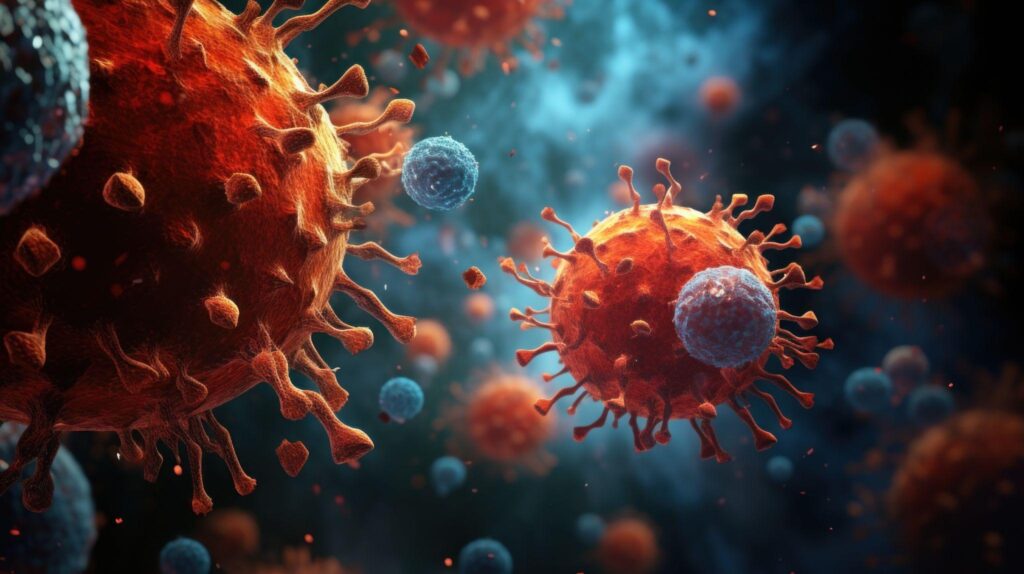The Ultimate Guide to Wound Care and Recovery
It starts with something small—a scraped knee from a fall, a cut while chopping vegetables, or a post-surgical incision. But without the right care, even minor wounds can become infected, painful, and in some cases, dangerous. Every year, over 8 million people in the U.S. visit emergency rooms for wound-related injuries, many of which could […]
The Ultimate Guide to Wound Care and Recovery Read More »











